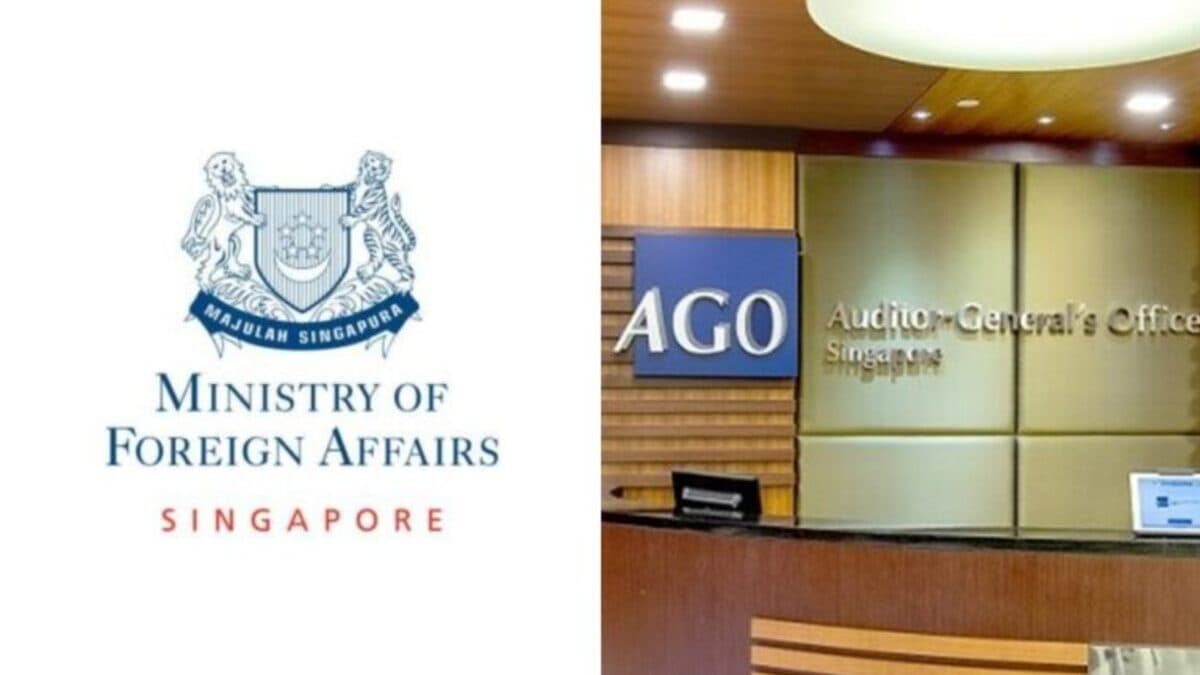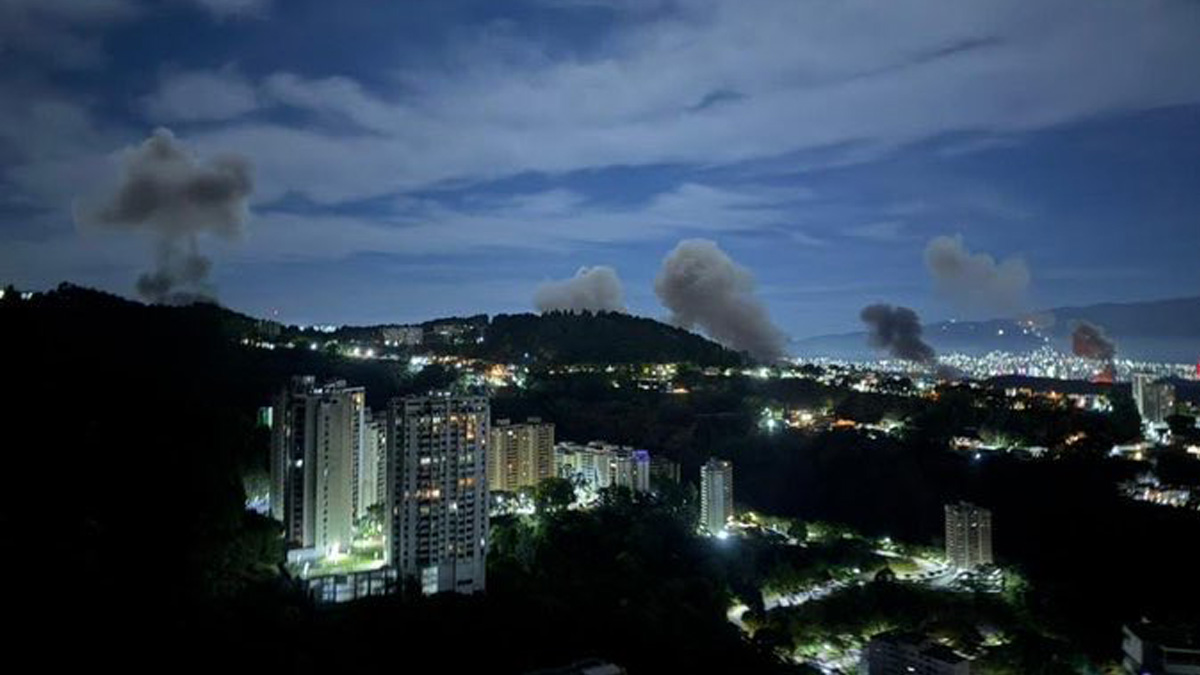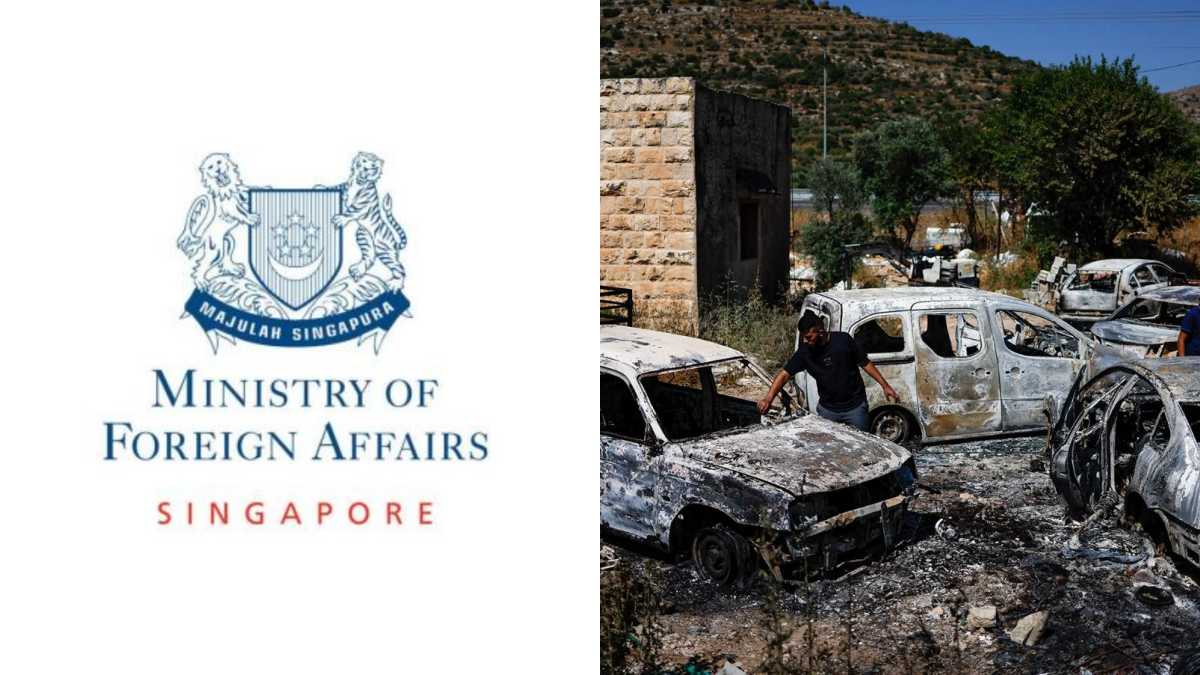Auditor-General finds MFA failed to account for S$1.02 million in overseas visa fees
The Auditor-General’s Office (AGO) has found that Singapore’s Ministry of Foreign Affairs (MFA) failed to record about S$1.02 million in visa fees collected by overseas honorary consuls between April 2022 and March 2024. The AGO stressed that all such collections must be treated as public funds under financial regulations.

- AGO found MFA failed to record about S$1.02 million in visa fees collected overseas.
- MFA said consuls used the funds to cover consular operating expenses.
- MFA will strengthen accounting procedures and review related regulations.
The Auditor-General’s Office (AGO) has found that the Ministry of Foreign Affairs (MFA) did not account for approximately S$1.02 million in visa fees collected overseas between 1 April 2022 and 31 March 2024.
The finding was disclosed in the AGO’s Financial Year 2024/25 report released on 9 September 2025. The audit revealed that the unrecorded funds were collected by Singapore’s Honorary Consuls-General and Honorary Consuls (HCGs/HCs).
According to the report, these visa fees were not recorded as government revenue despite being collected on behalf of the Singapore government.
AGO noted that MFA had previously permitted the consuls to retain the collected amounts to cover their local operating expenses. However, the office stressed that such monies remain classified as public funds under the Financial Procedure Act 1966.
It emphasised that all collections on behalf of the government must be properly documented, regardless of their scale or administrative complexity.
AGO said this lapse highlighted the need for better transparency and adherence to financial procedures across all government-related operations.
The audit covered several areas, including visa fee collection, manpower expenditure, imprests and advances, and the financial management of one overseas mission. Visa fee handling emerged as the area of greatest concern.
HCGs and HCs are private individuals appointed to represent Singapore in countries without full diplomatic missions. They typically operate on a voluntary basis and do not receive salaries or formal remuneration from the Singapore government.
AGO’s review found that these consuls had been retaining visa fees directly to manage their operational costs. This arrangement, while long-standing, had not been formalised through proper accounting processes.
MFA had previously argued that the sums involved were relatively modest and that requiring detailed recording could impose unnecessary administrative burdens. However, AGO reiterated that all public funds must be accounted for, irrespective of the amount.
In its official response, MFA acknowledged that it had not adequately accounted for visa fees collected by its honorary consuls. The ministry explained that the retained funds were used to offset operational expenses for consular services overseas.
MFA said that in most cases, the consuls’ expenses exceeded the amounts collected from visa fees, resulting in no net loss of public funds.
Nonetheless, the ministry accepted AGO’s recommendation to enhance financial oversight. It said steps were being taken to strengthen internal controls and ensure consistent reporting of revenue collected abroad.
MFA also stated that it was reviewing its accounting practices relating to consular visa fees. The review will include a reassessment of policies governing how honorary consuls handle funds.
The ministry further noted that legislative amendments to the Diplomatic and Consular Officers (Fees) Order 2012 are under consideration. These changes would clarify the proper treatment of visa-related revenue and bring practices fully in line with financial governance requirements.
AGO emphasised that compliance with the Financial Procedure Act is mandatory and not discretionary. It said transparent and standardised financial management was essential to preserve public confidence in government institutions.
The office also underscored that even small or routine transactions must be accurately recorded to ensure accountability and integrity in the use of public resources.
AGO concluded that strict adherence to financial procedures remains crucial for maintaining trust in the public sector’s stewardship of funds. It urged all ministries to reinforce internal audit processes to prevent similar lapses.
MFA’s commitment to improving its oversight mechanisms has been welcomed as a necessary step to strengthen governance in overseas operations. Analysts noted that such measures will help ensure Singapore’s continued reputation for financial probity and transparency.
The findings serve as a reminder that all government-linked entities, including honorary representatives abroad, must uphold the same standards of accountability as domestic agencies.











